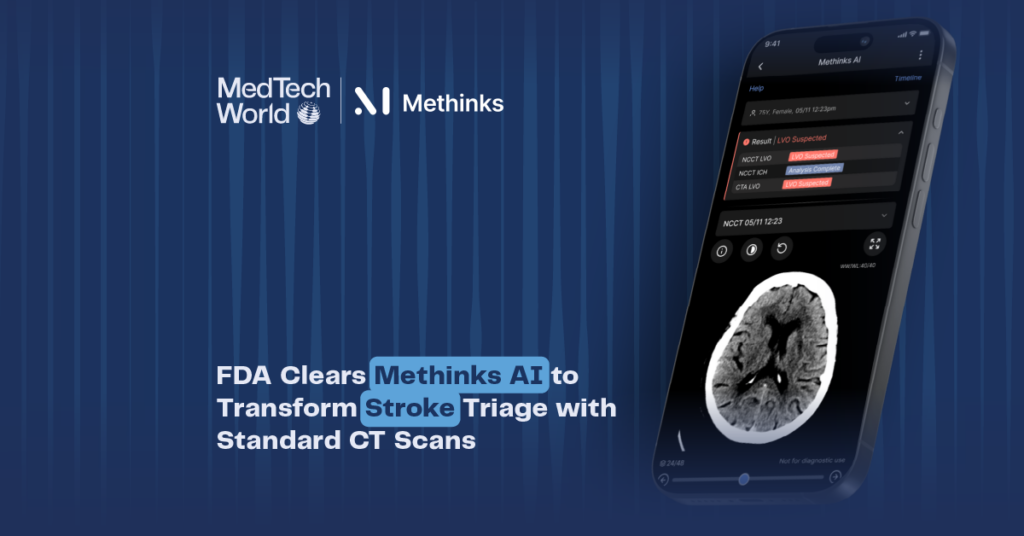
Michael Joe Cini
8th June 2023
Neuralink Receives FDA Approval for Human Trials
The United States Food and Drug Administration (FDA) has approved Elon Musk-led firm, Neuralink’s request to begin clinical trials on human participants for a communication chip inserted directly into the brain.
In a tweet uploaded by Neuralink, it referred to the FDA’s regulatory clearance as representing “an important first step that will one day allow our (Neuralink’s) technology to help many people”.
The firm has stated its overall mission is to construct a brand new way to allow computers to communicate directly, without any external interface, with the human brain.
The immediate implications of these chips are hoped to be the ability to treat complex neurological conditions the likes of which have so far eluded the interventions of medical professionals. These include such disorders as depression, schizophrenia, paralysis and even blindness.
The procedure is understood to involve implanting a minuscule, hermetically sealed chip, directly into the patient’s brain. The chip will contain 1,024 electrodes that are powered by a battery that can be recharged wirelessly.
Once implanted, the chip should create an interface with an external computer, which would allow it to send and receive signals.
Musk’s Neuralink
Founded in 2016, Neuralink was brought to fruition by the polarising figure of Elon Musk with the support of 7 scientists and engineers, only 2 of which remain at the company.
Musk’s involvement has been diametrically profound having an almost sole influence on the firm’s public perception due to his uniquely entrepreneurial approach to what many had hoped would be a purely scientific endeavour.
In dissecting the ethical aspects of the brain chip, 3 factors have been highlighted to hold notable importance: the short-term physical risks, the long-term medical concerns and the overall safety, not only for the user but those in contact with them.
It is no secret that any invasive surgery involving the brain carries an intrinsically inherent danger, both during the procedure and in subsequent host rejection. This is probably the most pressing concern for the researchers conducting the coming human trials.
Controversies
Preliminary and extensive animal tests have yielded highly controversial results, the severity of which has previously caught the attention of the US Department of Agriculture, which filed a complaint in February accusing the firm of comprehensively unethical treatment of macaque monkeys that were enlisted for the latest tests prior to the approval of the human trials.
The FDA’s agreement, one would hope, suggests that these issues have in some way been resolved by Neuralink.
More specific concerns now stem from the concept of having a device operating for extended periods within an individual’s brain, an organ laced with such nuanced complexities that it is far from intrinsically understood.
Due to the ground-breaking nature implicated with the creation of this chip, very little is known as to what the potential harms may be. These trials will undoubtedly be indispensably influential in the body of research that will develop around the integration of technologies with similar deployment methods.
Regardless of the physical harms that most certainly should not be overlooked, the ethical implications in relation to surveillance, data security and data protection against likely misuses are an issue regulators should consider carefully and thoroughly.
This chip marks the beginning of perhaps another revolution in the world of emerging technologies, a sector laced with such dynamism that has so far outpaced regulators at an alarmingly unhealthy pace.
Additionally, the research being propagated by Neuralink is creating a problem unique to the concept of brain chips, in the form of the augmentation and even enhancement of human capabilities.
The bringing of potential improvements that could be seen in human cognition, sensory perception, and even physical abilities, have and will continue to stir strong emotional responses, requiring regulators to make incisive and well-deliberated decisions, of an incredibly unique nature, if these chips are to provide any eventual benefit whatsoever.




